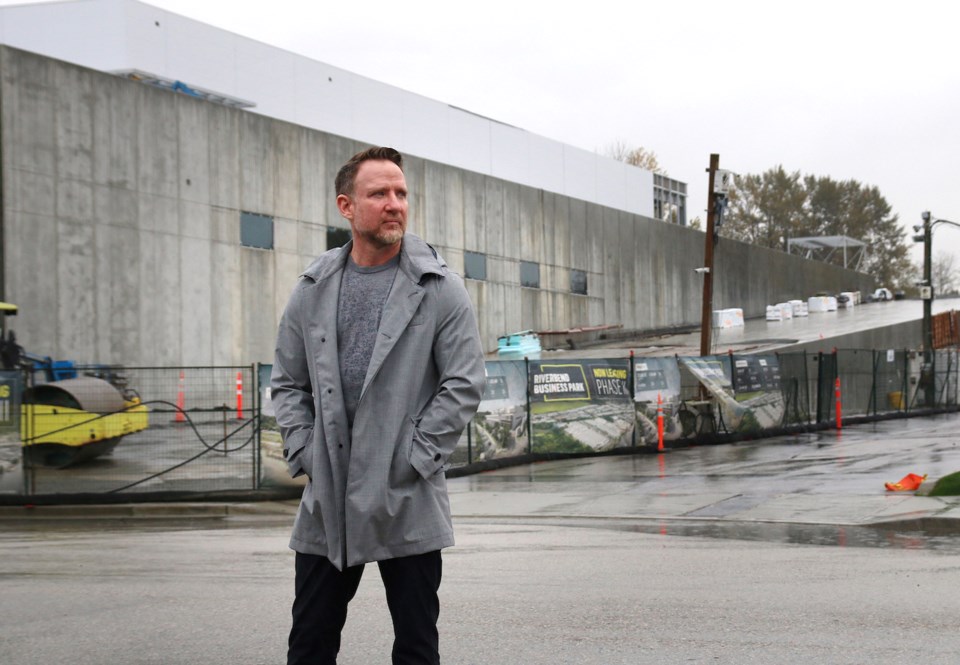Metro Vancouver's regional government is scheduled to vote today – October 29 – on a pivotal issue for the region's economy.
The 40 Metro Vancouver directors, who represent 21 municipalities, one electoral area and one First Nation, are set to determine whether to allow the City of Surrey to designate that rural land in South Campbell Heights can be used for business and employment purposes.
Surrey's proposal relates to changing the designation for 617 acres of land, with most then eligible for warehouses, but slightly less than 200 of those acres to be dedicated as conservation areas.
The city's planning and development department told BIV in an email that it wants to be able to allow industrial businesses in the South Campbell Heights area because "demand for industrial land continues to increase, and has been outpacing the supply."
Not having more industrial land threatens "the region's economic well-being," the department said. It added that in parts of South Campbell Heights it also wants to allow offices that are accessories to industrial buildings, or that are complimentary to light industry.
Developers, such as Beedie, have been angling to build needed warehouses if Surrey gets the go-ahead to allow industrial development in the area.
"We don't own anything yet," said Todd Yuen, president of Beedie's industrial property division.
"We have contracted to purchase approximately 60 gross acres of land."
Yuen told BIV that Beedie has been working with various individual landowners in the area to strike deals to purchase, and consolidate, land if Surrey can get approval to allow industrial development.
"The city has enough experience to know that in order for a developer to viably rationalize the servicing and off-site costs, a developer has to have enough land under their control in order to rationalize those costs," Yuen said. "What the city did a good job of is just clearly articulating the reality of what it's going to take in order for these lands to be brought to market."
He said that real estate brokers and city staff helped enlighten current land owners to realities of the real estate business, including how much would be fair value for land, and about how important it is to consolidate land to enable larger warehouses to be built.
The region has never needed industrial space more than it does now, according to industry data.
CBRE statistics show that region-wide, Metro Vancouver in the second quarter of 2021 had an all-time low 0.6 per cent industrial real estate vacancy rate. Colliers pegs the region’s industrial vacancy rate at an even lower record level: 0.5 per cent.
"Every quarter, over the last year, we have had a new historic low for our industrial vacancy rate," CBRE senior vice-president Chris MacCauley told BIV. "We also have the lowest vacancy rate in North America out of major industrial markets."
Industry insiders and supporters say that the region is in a crisis, with insufficient industrial land for local companies to expand, and for foreign companies to be able to locate regional distribution centres.



